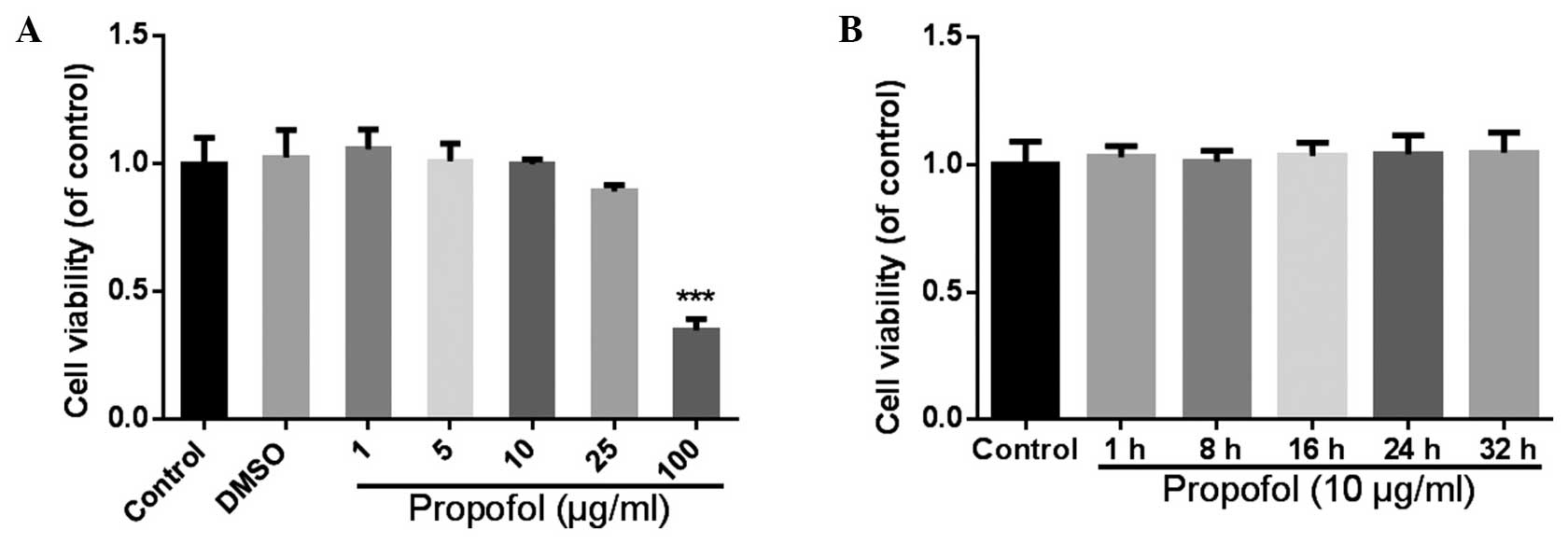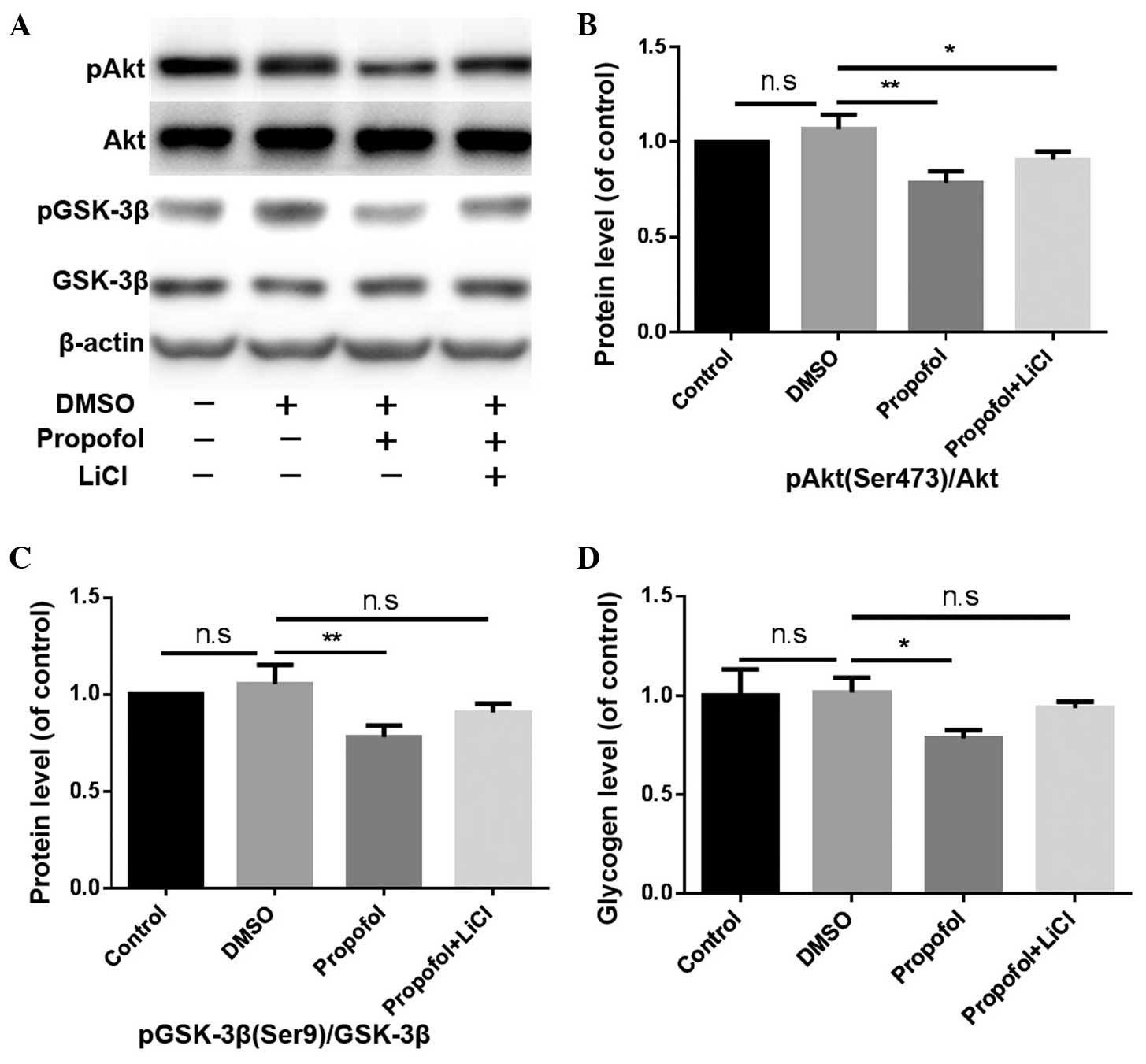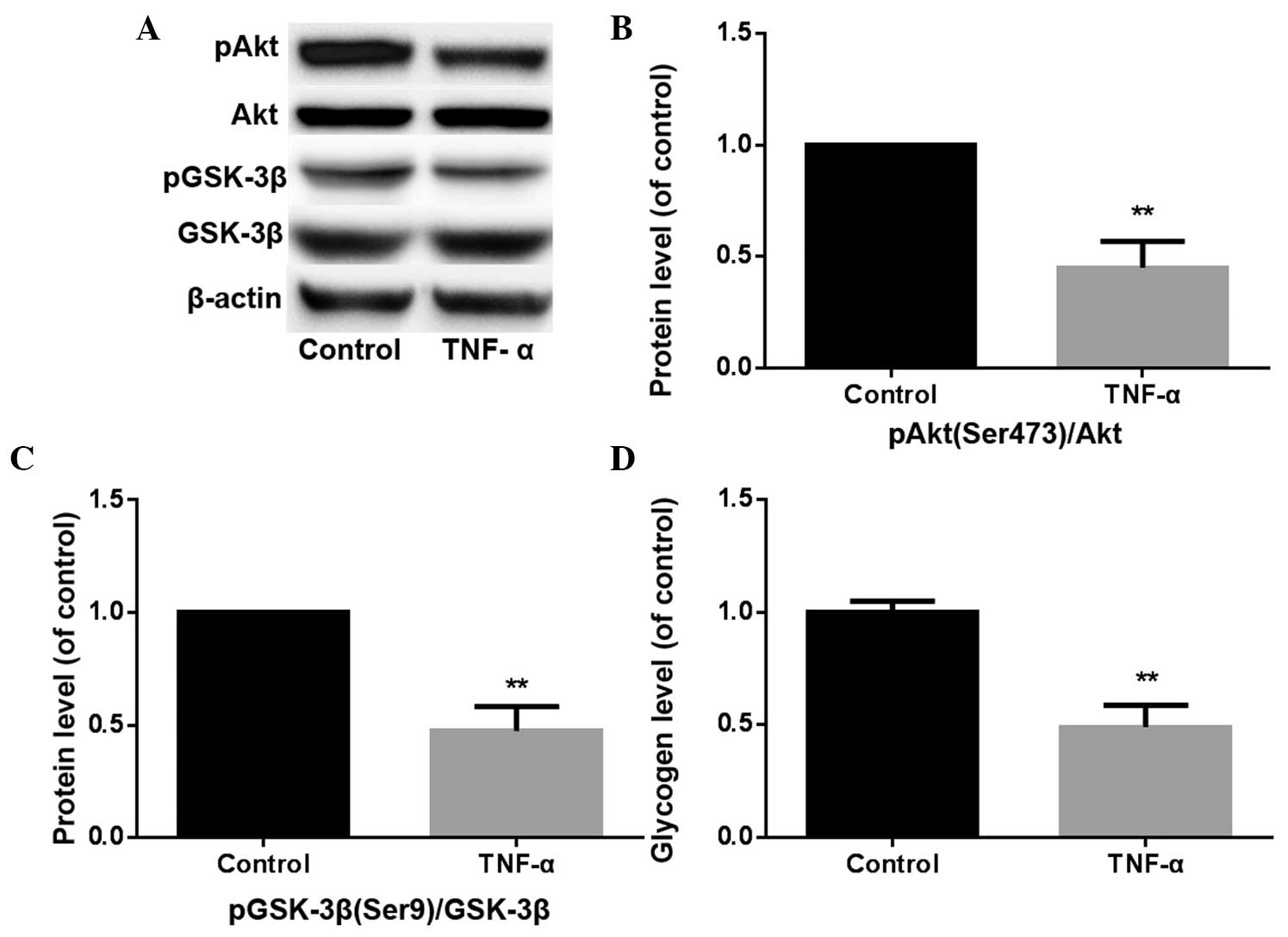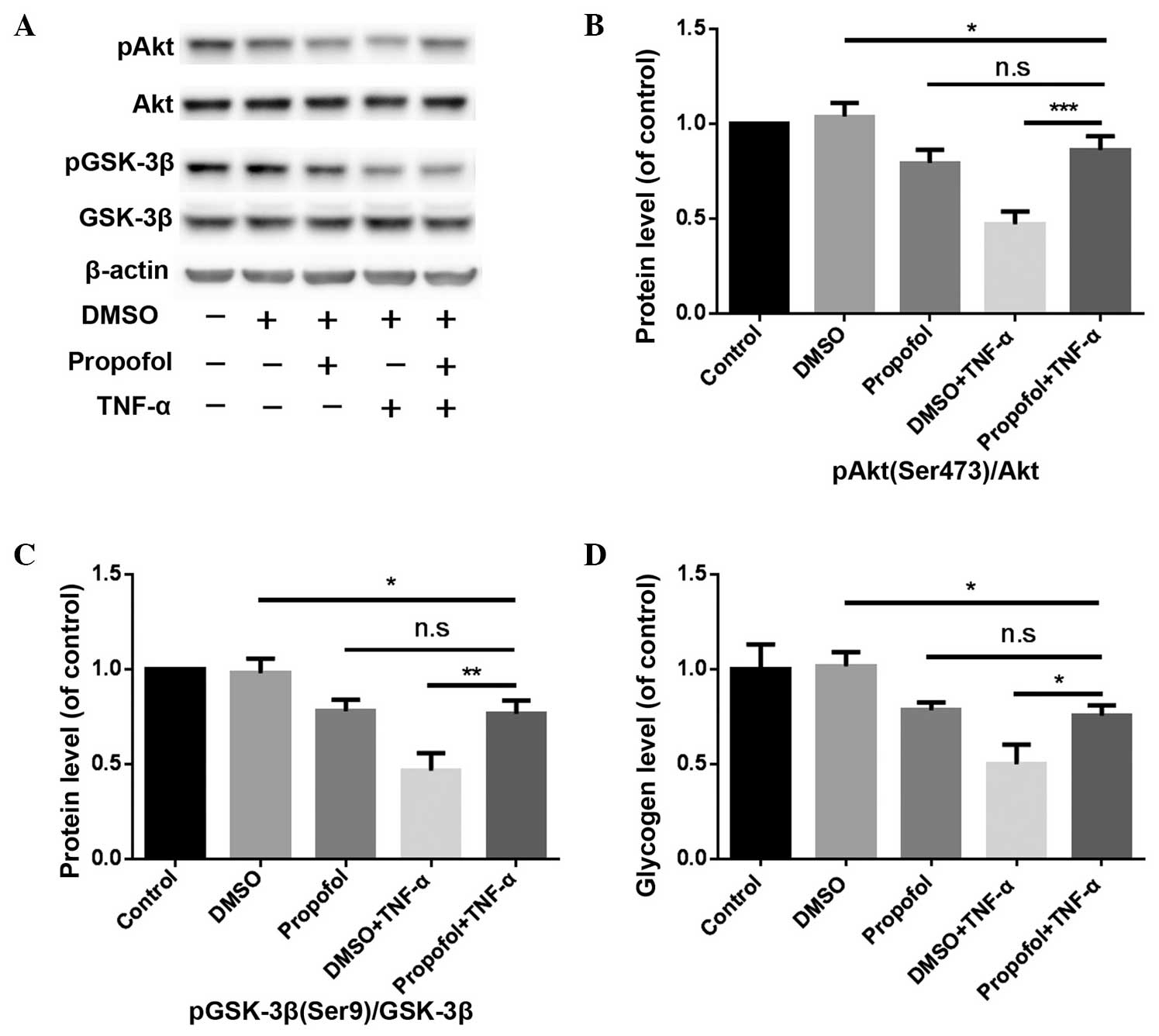|
1
|
Fahy BG, Sheehy AM and Coursin DB: Glucose
control in the intensive care unit. Crit Care Med. 37:1769–1776.
2009. View Article : Google Scholar : PubMed/NCBI
|
|
2
|
Gauglitz GG, Herndon DN and Jeschke MG:
Insulin resistance postburn: Underlying mechanisms and current
therapeutic strategies. J Burn Care Res. 29:683–694. 2008.
View Article : Google Scholar : PubMed/NCBI
|
|
3
|
Lipshutz AK and Gropper MA: Perioperative
glycemic control: An evidence-based review. Anesthesiology.
110:408–421. 2009.PubMed/NCBI
|
|
4
|
Coursin DB, Connery LE and Ketzler JT:
Perioperative diabetic and hyperglycemic management issues. Crit
Care Med. 32:(Suppl). S116–S125. 2004. View Article : Google Scholar : PubMed/NCBI
|
|
5
|
van den Berghe G, Wouters P, Weekers F, et
al: Intensive insulin therapy in critically ill patients. N Engl J
Med. 345:1359–1367. 2001. View Article : Google Scholar : PubMed/NCBI
|
|
6
|
Krinsley JS: Association between
hyperglycemia and increased hospital mortality in a heterogeneous
population of critically ill patients. Mayo Clin Proc.
78:1471–1478. 2003. View Article : Google Scholar : PubMed/NCBI
|
|
7
|
Laird AM, Miller PR, Kilgo PD, Meredith JW
and Chang MC: Relationship of early hyperglycemia to mortality in
trauma patients. J Trauma. 56:1058–1062. 2004. View Article : Google Scholar : PubMed/NCBI
|
|
8
|
Deedwania P, Kosiborod M, Barrett E,
Ceriello A, Isley W, Mazzone T and Raskin P: American Heart
Association Diabetes Committee of the Council on Nutrition,
Physical Activity, and Metabolism: Hyperglycemia and acute coronary
syndrome: A scientific statement from the American Heart
Association Diabetes Committee of the Council on Nutrition,
Physical Activity, and Metabolism. Circulation. 117:1610–1619.
2008. View Article : Google Scholar : PubMed/NCBI
|
|
9
|
Yasuda Y, Fukushima Y, Kaneki M and Martyn
JA: Anesthesia with propofol induces insulin resistance
systemically in skeletal and cardiac muscles and liver of rats.
Biochem Biophys Res Commun. 431:81–85. 2013. View Article : Google Scholar : PubMed/NCBI
|
|
10
|
Felig P and Wahren J: Influence of
endogenous insulin secretion on splanchnic glucose and amino acid
metabolism in man. J Clin Invest. 50:1702–1711. 1971. View Article : Google Scholar : PubMed/NCBI
|
|
11
|
Pehmøller C, Brandt N, Birk JB, et al:
Exercise alleviates lipid-induced insulin resistance in human
skeletal muscle-signaling interaction at the level of TBC1 domain
family member 4. Diabetes. 61:2743–2752. 2012. View Article : Google Scholar : PubMed/NCBI
|
|
12
|
Schenk S and Horowitz JF: Acute exercise
increases triglyceride synthesis in skeletal muscle and prevents
fatty acid-induced insulin resistance. J Clin Invest.
117:1690–1698. 2007. View
Article : Google Scholar : PubMed/NCBI
|
|
13
|
Boden G, Lebed B, Schatz M, Homko C and
Lemieux S: Effects of acute changes of plasma free fatty acids on
intramyocellular fat content and insulin resistance in healthy
subjects. Diabetes. 50:1612–1617. 2001. View Article : Google Scholar : PubMed/NCBI
|
|
14
|
Bastard JP, Maachi M, Lagathu C, Kim MJ,
Caron M, Vidal H, Capeau J and Feve B: Recent advances in the
relationship between obesity, inflammation and insulin resistance.
Eur Cytokine Netw. 17:4–12. 2006.PubMed/NCBI
|
|
15
|
Xu J, Kim HT, Ma Y, Zhao L, Zhai L,
Kokorina N, Wang P and Messina JL: Trauma and hemorrhage-induced
acute hepatic insulin resistance: Dominant role of tumor necrosis
factor-α. Endocrinology. 149:2369–2382. 2008. View Article : Google Scholar : PubMed/NCBI
|
|
16
|
Plomgaard P, Nielsen AR, Fischer CP,
Mortensen OH, Broholm C, Penkowa M, Krogh-Madsen R, Erikstrup C,
Lindegaard B, Petersen AM, et al: Associations between insulin
resistance and TNF-alpha in plasma, skeletal muscle and adipose
tissue in humans with and without type 2 diabetes. Diabetologia.
50:2562–2571. 2007. View Article : Google Scholar : PubMed/NCBI
|
|
17
|
Shi XP, Zong A, Tao J and Wang L: Study of
instructive notions with respect to caring for laboratory animals.
Zhong Guo Yi Ke Da Xue Xue. 36:493. 2007.(In Chinese).
|
|
18
|
Seglen PO: Preparation of isolated rat
liver cells. Methods Cell Biol. 13:29–83. 1976.PubMed/NCBI
|
|
19
|
Casciano DA: Development and utilization
of primary hepatocyte culture systems to evaluate metabolism, DNA
binding, and DNA repair of xenobiotics. Drug Metab Rev. 32:1–13.
2000. View Article : Google Scholar : PubMed/NCBI
|
|
20
|
Smith C, McEwan AI, Jhaveri R, et al: The
interaction of fentanyl on the Cp50 of propofol for loss of
consciousness and skin incision. Anesthesiology. 81:820–828;
discussion 26A. 1994. View Article : Google Scholar : PubMed/NCBI
|
|
21
|
Hsing CH, Chen YH, Chen CL, et al:
Anesthetic propofol causes glycogen synthase kinase-3β-regulated
lysosomal/mitochondrial apoptosis in macrophages. Anesthesiology.
116:868–881. 2012. View Article : Google Scholar : PubMed/NCBI
|
|
22
|
Muniyappa R, Lee S, Chen H and Quon MJ:
Current approaches for assessing insulin sensitivity and resistance
in vivo: Advantages, limitations, and appropriate usage. Am J
Physiol Endocrinol Metab. 294:E15–E26. 2008. View Article : Google Scholar : PubMed/NCBI
|
|
23
|
Morino S, Kondo T, Sasaki K, et al: Mild
electrical stimulation with heat shock ameliorates insulin
resistance via enhanced insulin signaling. PLoS One. 3:e40682008.
View Article : Google Scholar : PubMed/NCBI
|
|
24
|
Liu P, Cheng H, Roberts TM and Zhao JJ:
Targeting the phosphoinositide 3-kinase pathway in cancer. Nat Rev
Drug Discov. 8:627–644. 2009. View
Article : Google Scholar : PubMed/NCBI
|
|
25
|
Hong M, Chen DC, Klein PS and Lee VM:
Lithium reduces tau phosphorylation by inhibition of glycogen
synthase kinase-3. J Biol Chem. 272:25326–25332. 1997. View Article : Google Scholar : PubMed/NCBI
|
|
26
|
Ryves WJ and Harwood AJ: Lithium inhibits
glycogen synthase kinase-3 by competition for magnesium. Biochem
Biophys Res Commun. 280:720–725. 2001. View Article : Google Scholar : PubMed/NCBI
|
|
27
|
Hotamisligil GS: Inflammatory pathways and
insulin action. Int J Obes Relat Metab Disord. 27:(Suppl 3).
S53–S55. 2003. View Article : Google Scholar : PubMed/NCBI
|
|
28
|
Stephens JM, Lee J and Pilch PF: Tumor
necrosis factor-alpha-induced insulin resistance in 3T3-L1
adipocytes is accompanied by a loss of insulin receptor substrate-1
and GLUT4 expression without a loss of insulin receptor-mediated
signal transduction. J Biol Chem. 272:971–976. 1997. View Article : Google Scholar : PubMed/NCBI
|
|
29
|
Baeuerle PA and Baltimore D: NF-kappa B:
Ten years after. Cell. 87:13–20. 1996. View Article : Google Scholar : PubMed/NCBI
|
|
30
|
Li Y, Yan H, Zhang Z, Zhang G, Sun Y, Yu
P, Wang Y and Xu L: Andrographolide derivative AL-1 improves
insulin resistance through down-regulation of NF-κB signalling
pathway. Br J Pharmacol. 2015.(Epub ahead of print). View Article : Google Scholar
|
|
31
|
Zhou MS, Liu C, Tian R, Nishiyama A and
Raij L: Skeletal muscle insulin resistance in salt-sensitive
hypertension: Role of angiotensin II activation of NF-κB.
Cardiovasc Diabetol. 14:452015. View Article : Google Scholar : PubMed/NCBI
|
|
32
|
Tak PP and Firestein GS: NF-κB: A key role
in inflammatory diseases. J Clin Invest. 107:7–11. 2001. View Article : Google Scholar : PubMed/NCBI
|
|
33
|
Gao Z, Hwang D, Bataille F, Lefevre M,
York D, Quon MJ and Ye J: Serine phosphorylation of insulin
receptor substrate 1 by inhibitor kappa B kinase complex. J Biol
Chem. 277:48115–48121. 2002. View Article : Google Scholar : PubMed/NCBI
|
|
34
|
Du QH, Xu YB, Zhang MY, Yun P and He CY:
Propofol induces apoptosis and increases gemcitabine sensitivity in
pancreatic cancer cells in vitro by inhibition of nuclear factor-κB
activity. World J Gastroenterol. 19:5485–5492. 2013. View Article : Google Scholar : PubMed/NCBI
|
|
35
|
Ye HH, Wu KJ, Fei SJ, Zhang XW, Liu HX,
Zhang JL and Zhang YM: Propofol participates in gastric mucosal
protection through inhibiting the Toll-like receptor-4/nuclear
factor kappa-B signaling pathway. Clin Res Hepatol Gastroenterol.
37:e3–e15. 2013. View Article : Google Scholar : PubMed/NCBI
|
|
36
|
Li Q, Zhang L, Han Y, Jiang Z and Wang Q:
Propofol reduces MMPs expression by inhibiting NF-κB activity in
human MDA-MB-231 cells. Biomed Pharmacother. 66:52–56. 2012.
View Article : Google Scholar : PubMed/NCBI
|
|
37
|
Hsing CH, Lin MC, Choi PC, et al:
Anesthetic propofol reduces endotoxic inflammation by inhibiting
reactive oxygen species-regulated Akt/IKKbeta/NF-κB signaling. PLoS
One. 6:e175982011. View Article : Google Scholar : PubMed/NCBI
|
|
38
|
Li H, Tan J, Zou Z, Huang CG and Shi XY:
Propofol post-conditioning protects against cardiomyocyte apoptosis
in hypoxia/reoxygenation injury by suppressing nuclear factor-kappa
B translocation via extracellular signal-regulated kinase
mitogen-activated protein kinase pathway. Eur J Anaesthesiol.
28:525–534. 2011. View Article : Google Scholar : PubMed/NCBI
|


















